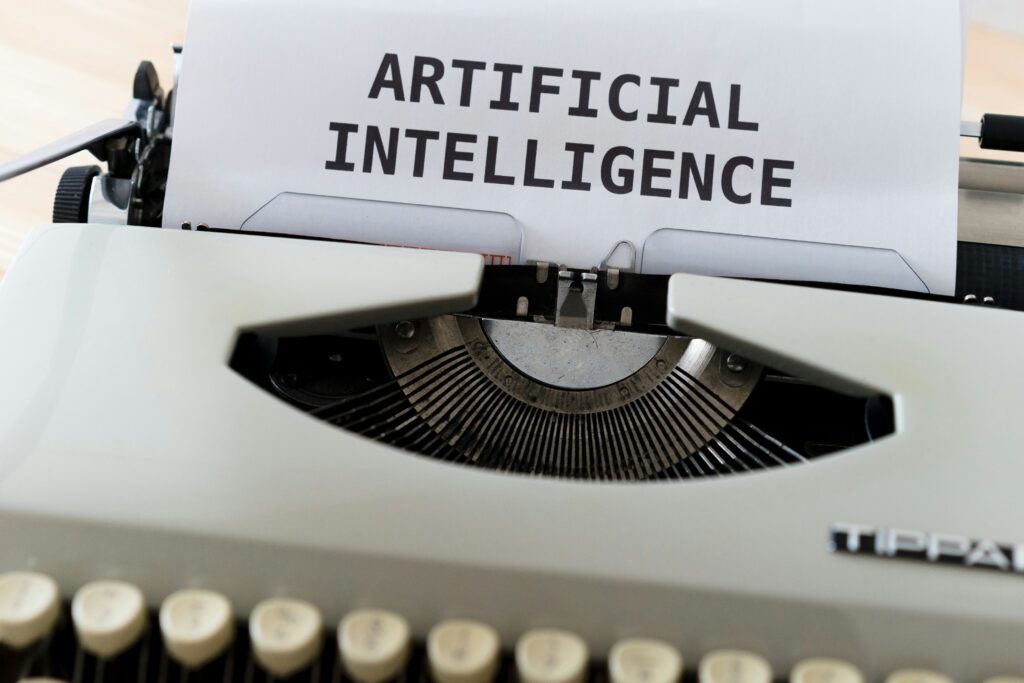
Artificial Intelligence (AI) isn’t just a sci-fi fantasy anymore—it’s here, and it’s completely reshaping how businesses operate. From healthcare to retail, AI is shaking things up, making processes smarter, faster, and more efficient. Companies that embrace this shift are thriving, while those clinging to outdated methods are struggling to keep up. So, how exactly is AI flipping the script on traditional business models? Let’s dive in.
AI will create 97 million new roles to replace 85 million lost roles in 2025
World Economic Forum in 2020
AI is a Game Changer for Innovation
AI isn’t just automating tasks—it’s revolutionizing entire industries. According to McKinsey, AI could add a staggering $13 trillion to the global economy by 2030. That’s not just a small tweak to how businesses run—it’s a full-blown transformation.
Take customer service, for example. AI-powered chatbots are replacing human agents, handling inquiries instantly and learning from every interaction. Chatbots don’t just answer questions; they anticipate customer needs and provide personalized solutions—goodbye long wait times, hello efficiency!
Automation
From warehouses to entertainment, AI is driving a massive shift in efficiency. Companies like Amazon and Walmart use AI-driven robots to streamline their logistics, cutting down errors and speeding up deliveries. The old-school model of warehouse management—slow, manual, and prone to mistakes—is quickly becoming a relic of the past.
And let’s talk about content streaming. Ever wondered how Netflix or Spotify seems to know exactly what you want? That’s AI working behind the scenes, analysing your viewing and listening habits to curate personalized recommendations. In fact, 80% of what people watch on Netflix comes from AI-powered suggestions. Traditional one-size-fits-all content delivery? Outdated.
Product Development
Back in the day, developing a new product meant months (or years) of research, focus groups, and endless trial and error. AI has flipped that process on its head. Now, businesses can analyse massive amounts of data to predict what consumers want—before they even know it themselves.
From warehouses to entertainment, AI is driving a massive shift in efficiency. Companies like Amazon and Walmart use AI-driven robots to streamline their logistics, cutting down errors and speeding up deliveries. The old-school model of warehouse management—slow, manual, and prone to mistakes—is quickly becoming a relic of the past.
E-commerce platforms are taking this to the next level, using AI to recommend products tailored to your preferences. Instead of throwing products at customers and hoping something sticks, AI fine-tunes the experience, making shopping more intuitive and enjoyable.
Marketing and Sales
Remember when marketing meant blasting out ads to a broad audience and hoping for the best? AI has changed the game completely. Now, businesses can deliver hyper-personalized marketing campaigns, tailored to individual user behaviour.

AI tracks browsing habits, past purchases, and even social media interactions to create targeted content that speaks directly to the consumer. According to Gartner, companies that use AI in marketing see revenue growth improve by 15% year over year. Instead of guesswork, businesses now rely on AI-driven insights to drive conversions and boost sales.
The Catch: Ethical Concerns & Job Disruptions
Of course, AI’s rise isn’t all smooth sailing. One of the biggest concerns? Privacy. AI processes vast amounts of personal data, raising serious questions about how that data is used. Regulations like the General Data Protection Regulation (GDPR) are stepping in, but many businesses are still struggling to stay compliant.
Then there’s the issue of job displacement. AI is automating roles at a rapid pace, with the World Economic Forum predicting that AI will replace 85 million jobs by 2025. The silver lining? It’s also expected to create 97 million new roles—but only for those who can adapt. Reskilling and workforce transition programs will be key to making this shift sustainable.
The Bottom Line: Adapt or Get Left Behind
AI isn’t just a passing trend—it’s the future. Businesses that integrate AI into their strategies will gain a competitive edge, while those that resist will quickly become obsolete. From automating workflows to enhancing customer experiences, AI is redefining what it means to run a successful business. We’re living through one of the biggest technological shifts in history. Companies that embrace AI will lead the charge, while those stuck in the past will struggle to survive. The choice is simple: evolve or get left behind.




